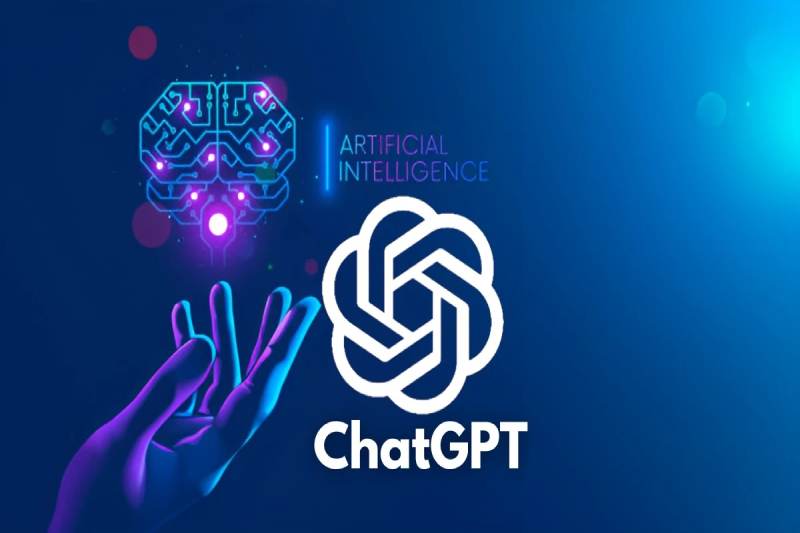Technology
These Indications Point to the Real Purpose of OpenAI’s Dubious Q* Project

Technology
Kudos Secures $10.2 Million for Its AI-Powered Smart Wallet
Technology
Clarivate Unveils AI-Powered Solution for Faster Trademark Monitoring
Technology
AI Product Launch and Student Training Planned by Tech Company
-

 Business4 weeks ago
Business4 weeks agoA positive mindset, steering positive financial change, meet Oz Clement Knight
-

 Business3 weeks ago
Business3 weeks agoConduent and Microsoft Collaborate to Use AI to Increase Business Efficiency
-

 Technology3 weeks ago
Technology3 weeks agoAI Features of the Google Pixel 8a Leaked before the Device’s Planned Release
-

 Business2 weeks ago
Business2 weeks agoIntel has Optimized 500 Artificial Intelligence Models for Core Ultra Processors
-

 Technology3 weeks ago
Technology3 weeks agoGoogle Introduces AI Model for Precise Weather Forecasting
-

 Technology2 weeks ago
Technology2 weeks agoThe Debut of Clever.AI was Revealed by CleverTap
-

 Technology4 weeks ago
Technology4 weeks agoQualcomm Broadens Snapdragon X Series for AI-Powered PCs
-

 Technology3 weeks ago
Technology3 weeks agoApple Unveils a new Artificial Intelligence Model Compatible with Laptops and Phones









